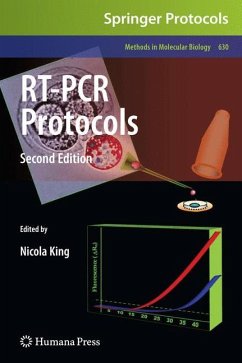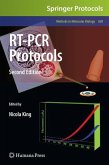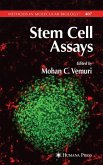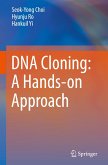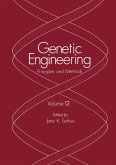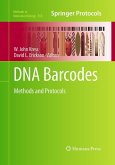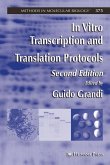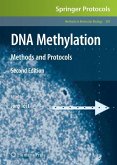Once a tedious, highly skilled operation, reverse-transcription polymerase chain reaction (RT-PCR) has become a routine and invaluable technique used in most laboratories. In RT-PCR Protocols, Second Edition, expert researchers fully update the technologies presented in the popular previous edition, such as competitive RT-PCR, nested RT-PCR, RT-PCR from single cells, and RT-PCR for cloning. In addition, newer technologies are also explored, including multiplex RT-PCR, RT-LATE-PCR, and the greatly advanced field of real-time quantitative RT-PCR, while recent advances in creating the optimum RT-PCR reaction, e.g. RNA extraction, primer design, and reverse transcription, end the book with their indispensable input. Written in the highly successful Methods in Molecular Biology(TM) series format, chapters include brief introductions to their respective topics, lists of the necessary materials and reagents, step-by-step, readily reproducible protocols, and notes sections, highlighting tips on troubleshooting and avoiding known pitfalls.
User friendly and up-to-date, RT-PCR Protocols, Second Edition acts as a handy companion to scientists from numerous diverse backgrounds who wish to explore further the marvels of gene expression.
User friendly and up-to-date, RT-PCR Protocols, Second Edition acts as a handy companion to scientists from numerous diverse backgrounds who wish to explore further the marvels of gene expression.
From the reviews of the second edition:
"The second edition of RT-PCR protocols and attempts to cover the most commonly used RT-PCR protocols, giving both beginners and experts a deeper understanding of the experimental set-up. ... There are often flow diagrams or pictures to aid understanding and the references are helpful, if you require additional information. ... a good investment for any lab interested in ensuring that their RT-PCR reactions are as productive and well-controlled as possible. ... Overall a useful and detailed text written in an informative and helpful style." (Hayley Evans, Immunology News, May, 2011)
"The second edition of RT-PCR protocols and attempts to cover the most commonly used RT-PCR protocols, giving both beginners and experts a deeper understanding of the experimental set-up. ... There are often flow diagrams or pictures to aid understanding and the references are helpful, if you require additional information. ... a good investment for any lab interested in ensuring that their RT-PCR reactions are as productive and well-controlled as possible. ... Overall a useful and detailed text written in an informative and helpful style." (Hayley Evans, Immunology News, May, 2011)

